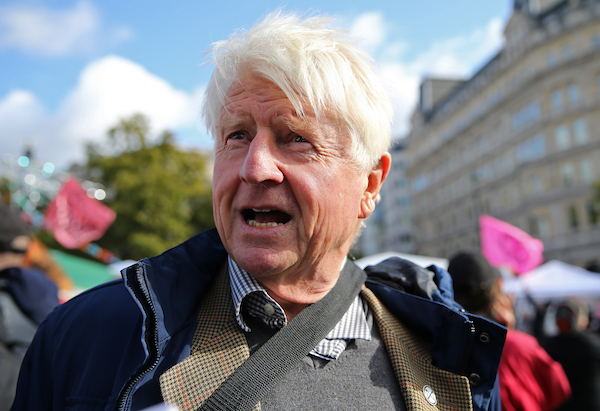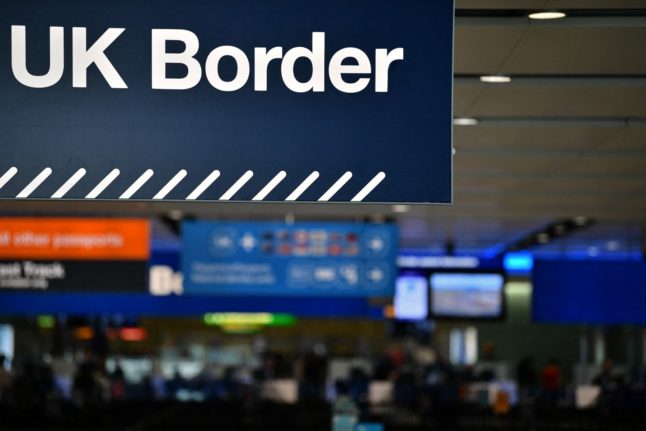Speaking to France's RTL radio in French, Stanley Johnson said: “It's not a question of becoming French. If I understand correctly I am French! My mother was born in France, her mother was completely French as was her grandfather”.
“For me it's a question of obtaining what I already have and I am very happy about that,” the 80-year-old added.
The father of the politician who ended Britain's 47-year-old membership of the EU was among the first civil servants appointed to Brussels after Britain joined the EU in 1973.
He worked for the European Commission and served as a member of the European Parliament. He initially campaigned against leaving the EU, before changing his mind a year after Britain voted to leave the union in 2016.
“I will always be European, that's for sure,” he told RTL. “You can't tell the English: you're not European. Europe is more than the single market, it's more than the European Union.”
“That said, to have a link like that with the EU is important,” he said, apparently referring to an EU passport.
His plans to seek a French passport had already been revealed by his daughter Rachel in a book published in March.
She wrote that her grandmother was born in Versailles and said that if her father received French citizenship, she too would like to become French.
The UK's tortuous departure from the European Union takes full effect at 2300 GMT when an 11-month transition post-Brexit transition period comes to an end.



 Please whitelist us to continue reading.
Please whitelist us to continue reading.
So once Stanley gets European citizenship, all his offspring, including Boris, will be able to too. Let’s hope he/they get the same rebuff as Nigel Lawson. At least Boris’s siblings are honest Europhiles, unlike their Prime Ministerial brother.
Peter, Boris believes in carrying out the wishes of the electorate, otherwise what’s the point in living under a democracy.
Boris is carrying out the wishes of HALF the electorate. There was no landslide win. It was such a narrow majority, and democracy lost. Majoritarianism is 50%+1 wins, not democracy. Before the results came out Farrage said he would dispute a narrow loss, but he was very happy to build upon his excepionally nsrrow win. BREXIT is not the will of the people, it was the will of half the people.